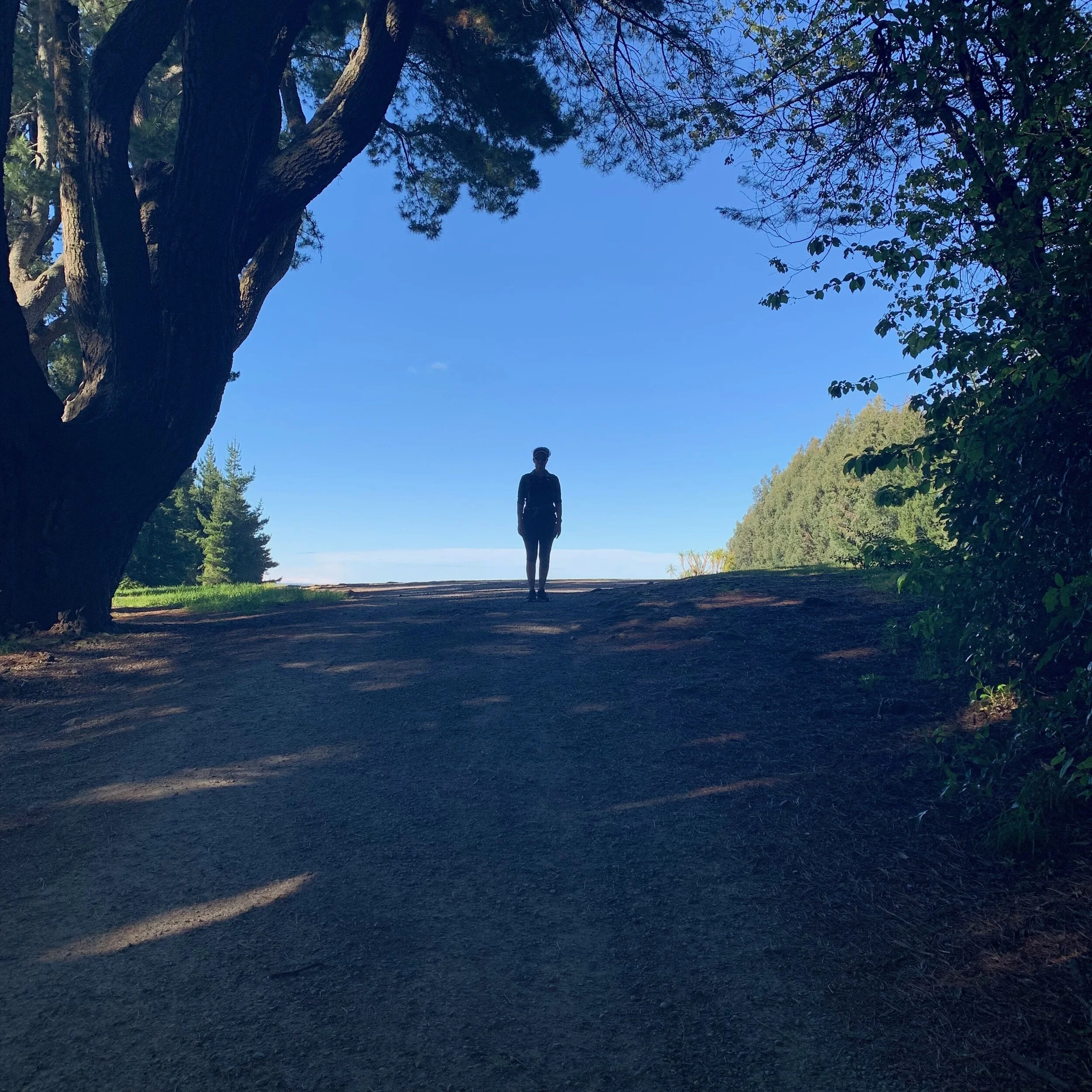8. Sleep Smarter Steps 1-5
‘Live Up’ 2020 Project
For the ‘Live Up To You’ 2020 project we post one little wellbeing idea/suggestion/technique each week that you and your friends are welcome to self-experiment with in your life and see how it works for you.
Here is a link for a ‘Sleep Smarter Steps 1-5’ template you are welcome to use.
What happens when we don’t get enough quality sleep?
We fall apart and everything unravels.
Sleep consumes a third of our lives and compared to eating, moving and thinking it should be considered the ‘heavy weight’ when it comes to health. We can eat crappy food, skip a day of exercise, cope in a stressful situation for a long time, but we cannot go without sleep. It is literally our life support system to replenish and restore our body, remove toxins, and encode information for learning and memory.
We are human beings living in a modern world with ‘old school’ brains. We need to start to tell our brains it is time for sleep. Back in the day the cue for sleep was the onset of darkness. Now we are not only sleep deprived, we are dark deprived. We under consume sunlight during the day and over consume artificial light at night and it is no wonder our natural circadian rhythms are ‘out of whack’. These steps help you reset your own natural body clock.
Here is an easy way to think about sleeping smart and all you have to remember is 1,2,3,4,5. This Sleep Smarter steps 1-5 came from Michael Breus from a podcast from Jim Kwik on Sleep.
Sleep Smarter Steps 1-5
1. ONE hour before you go to bed start your sleep routine
2. After TWO pm no caffeine or stimulants
3. THREE hours before bed no big meals or alcohol
4. FOUR hours before bed no exercise
5. Give the sun a ‘high FIVE’ in the morning
If you want to know more here is some detail behind the SLEEP SMARTER STEPS 1-5?
1. ONE hour before you go to bed start your SLEEP ROUTINE
● Set a sleep alarm. Instead of an alarm clock to get you up in the morning, set a sleep alarm to start your sleep routine at night.
● Go to bed at the same time every night.
● Relax in dim light with no devices or LED lights. They delay the release of melatonin which is the hormone that is released from our pineal gland that rises soon after the onset of darkness and tells our brains and bodies it is time to go to sleep.
● Do activities that calm you and transition you from day to night. For some this is taking a bath, for some it is reading, for some mediation and mindfulness exercises which seem to be useful if you have ‘busy brains’. Your brain needs to know it is safe to sleep.
● Sleep in a dark and quiet room. Use Black-out curtains and have no artificial light.
● Sleep in a cool room. The lowering of our body temperature is a signal to the brain it’s time to sleep.
● Get up at the same time everyday. Sleeping-in shifts your biological clock. If you sleep in on the weekends have you ever wondered why you can’t sleep on Sunday night and then it’s impossible to get up on Monday mornings.
2. After TWO pm
● No coffee or stimulants after two pm. Coffee has a long half-life which basically means it stays in your body for a long time. Many of those so-called energy drinks are loaded with caffeine to help you feel awake but they aren’t so great for sleep. They leave you ‘wired’ but your brain and body are still ‘tired’. Here is a link explaining the effects of coffee.
There are many health benefits for drinking coffee and click this link from Trusted Coffee Review to see them. However, for a good sleep the timing of coffee or caffeine products really matters.
3. THREE hours before bed
● No alcohol. Alcohol acts as a sedative on the brain. So yes, it may knock you out, but you have a much greater chance of waking up throughout the night. It disrupts your natural sleep processes and cycles which affects your brain’s ability to do its cleaning, replenishing and organising functions.
● No big meals. Have you ever felt super uncomfortable falling asleep after eating a big meal? Digestion processes can interfere with sleep processes, so try and have a gap between eating and sleeping.
4. FOUR hours before bed
● Limit your exercise. Exercise raises our core body temperature and we know we want to lower our core body to signal to the body and brain it is time to catch some ZZZZs. This does not mean don’t exercise. This means try and limit your activity before bed. There is lots of research backed up by a healthy dose of ‘common sense’ that exercise during the day helps you sleep, just slow it down before bed.
5. ‘High FIVE’ to the sun in the morning
● At the start of the day get a good dose of natural light. Pull those curtains back and ‘High Five’ the sun. Let in the light and if it’s still dark outside make sure you get a dose of natural light in the morning and during the day. This is a signal to the brain and body that it is daytime and awake time. Try and get up at the same time every day as our bodies and brains love routine.
Here is a link for a ‘Sleep Smarter Steps 1-5’ template you are welcome to use.
The above article was written from information and research sourced from the following:
Course notes from Dr Sarah McKay Neuroscience Academy
Jim Kwik’s Podcast. 135: Kwik Tips to Sleep Better


